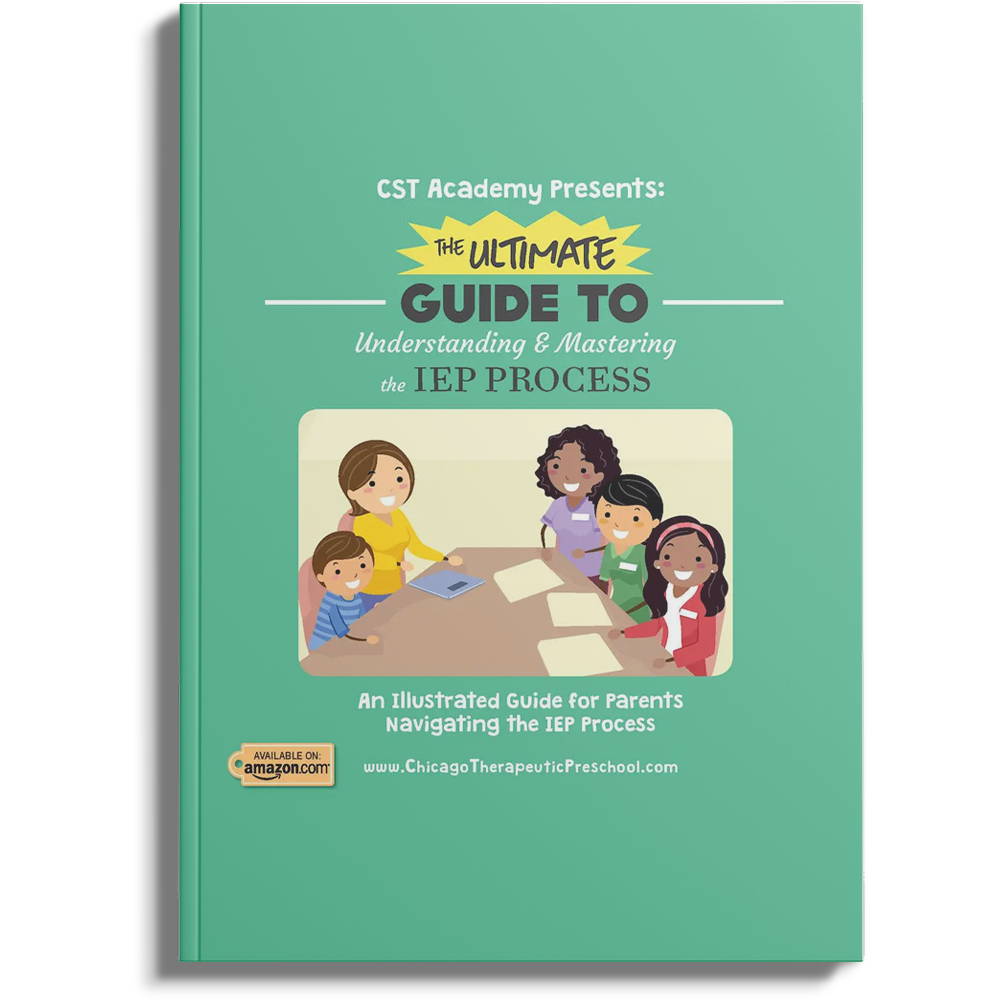The world of special education can be complex, filled with acronyms and legal terms. One of the most important concepts is the Individualized Education Program (IEP). If your child has been identified as needing special education services, understanding the IEP process is crucial. This guide will break down the steps involved, your rights as a parent, and how to effectively advocate for your child’s needs.
What is an IEP?
An IEP is a legally binding document that outlines a student’s educational needs, goals, and the specialized services they will receive to address those needs. It is designed to ensure that children with disabilities receive a free and appropriate public education (FAPE) that is tailored to their unique strengths and challenges.
Key Components of an IEP
- Present Levels of Performance (PLP): A snapshot of your child’s current academic and functional skills.
- Measurable Annual Goals: Specific, measurable targets for your child’s progress over the school year.
- Special Education and Related Services: The specific services and supports your child will receive (e.g., speech therapy, occupational therapy, counseling).
- Accommodations and Modifications: Changes to the learning environment or curriculum to help your child access the general education curriculum (e.g., extra time on tests, preferential seating).
- Participation in General Education: The extent to which your child will participate in regular classes with their peers.
- Evaluation and Progress Monitoring: How your child’s progress will be measured and reported.
The IEP Process: Step by Step
- Referral and Evaluation:
- If you suspect your child needs special education, you or their teacher can request an evaluation.
- The school will conduct a comprehensive evaluation to determine if your child meets the criteria for a disability under the Individuals with Disabilities Education Act (IDEA).
- Eligibility Determination:
- If your child is eligible, an IEP team will be formed to develop the IEP.
- IEP Development:
- The IEP team, which includes you, the child’s teachers, a special education professional, and other relevant staff, will meet to create the IEP.
- You have the right to participate in all decisions and provide input.
- IEP Implementation:
- Once the IEP is finalized, the school is legally obligated to implement it as written.
- Annual Review:
- The IEP team will meet at least annually to review your child’s progress, update the IEP, and make any necessary changes.
- Triennial Re-Evaluation:
- Every three years, the school will re-evaluate your child to determine if they still qualify for special education services and if the IEP needs to be revised.
Your Rights as a Parent
- You have the right to be fully informed about your child’s evaluation and IEP.
- You have the right to participate in all IEP team meetings and decision-making processes.
- You have the right to request an independent educational evaluation (IEE) if you disagree with the school’s evaluation.
- You have the right to due process if you disagree with the school’s decisions regarding your child’s IEP.
Tips for Effective Advocacy
- Be prepared for IEP meetings. Review your child’s evaluations and write down your questions and concerns.
- Communicate openly with the IEP team.
- Ask for clarification if you don’t understand something.
- Don’t be afraid to advocate for your child’s needs.
- If you disagree with the school, know your rights and consider seeking legal counsel.
Conclusion
Understanding the IEP process is essential for ensuring that your child with special needs receives the support they need to thrive. By partnering with the school, advocating for your child’s rights, and staying informed, you can make a significant difference in their educational journey.








